Is it possible for a person(s) to describe the desired future position of an organization, clearly and confidently outlining it’s objectives, approaches, purposes, goals and values? Well, according to entrepreneur.com, multi-nationals like Coca-Cola have been there since 1892 when Asa G. Candler purchased the rights to the product from its creator, Dr. John Stith Pemberton. 128 years later, Coca-Cola operates in over 200 countries with over 450 brands. What an achievement despite the changing trends over the last century?
This made me start to think about the passions that I hold dear to my heart. If Jesus tarries, could this passion be on-going in 2120? While I was musing at the magnitude of such possibilities, I looked at another story of a vision on going despite the changing trends. It’s a story I have read over and over again in the last ten years and it’s very well summarized by CLC USA.
The birth of a vision beyond the expectations of a young couple…
In the early days of World War II, a young couple, Ken and Bessie Adams, heard Jesus’ call to “feed my sheep.” Together they had worked with the Friends Evangelistic Band in England, holding tent meetings and visiting homes. On many of these visits, they found that they had been preceded by others who left literature. Ken declared, “I cannot stand by and watch the spread of so much dangerous propaganda and not do something about spreading the truths of the Gospel.” So he and Bessie visited homes armed with good Christian literature and Bibles.
Fired by his passion for literature distribution, Ken rented some upstairs rooms in Colchester, England, and named his new work “The Evangelical Publishing House.” This took place even though the government was severely limiting publishing and the opening of bookshops in wartime England.
The Adams next felt led to align themselves with the Worldwide Evangelization Crusade (now WEC International), with plans to help that organization establish regional book centers in England. Norman Grubb of WEC was thrilled with the potential of a string of bookshops and remarked, “We could begin scattering ‘spiritual Woolworths’ around the country and then worldwide.” Requests, opportunities, and funding began to come to Ken and Bessie, resulting in the formation of CLC as an autonomous ministry incorporated November 1, 1941.
CLC Ministries offered a literature ministry to all branches of the church. “We will not let doctrinal differences hinder us from serving all denominations with their literature needs,” affirmed Ken. “But our position is to be uncompromisingly evangelical so that purchasers feel quite sure that all they see and buy will build up readers or point the unconverted to the Savior. Each book center should be first and foremost a spiritual powerhouse–workers out to win souls and help fellow Christians, this being more important than the sale of books. Branches of Christ’s church in the town should be made to feel that the shop belongs to all and is their service.”
The vision Continues…
By the end of the war, there were six literature centers across England and that growth continued over the coming years with God’s grace and blessing. Today CLC serves in about 50 countries operating over 145 bookshops, 18 distribution centers and 22 publishing houses where about 700 men and women of diverse nationalities are joining hands to distribute God’s Word and Christian literature to a world hungry for hope and peace.
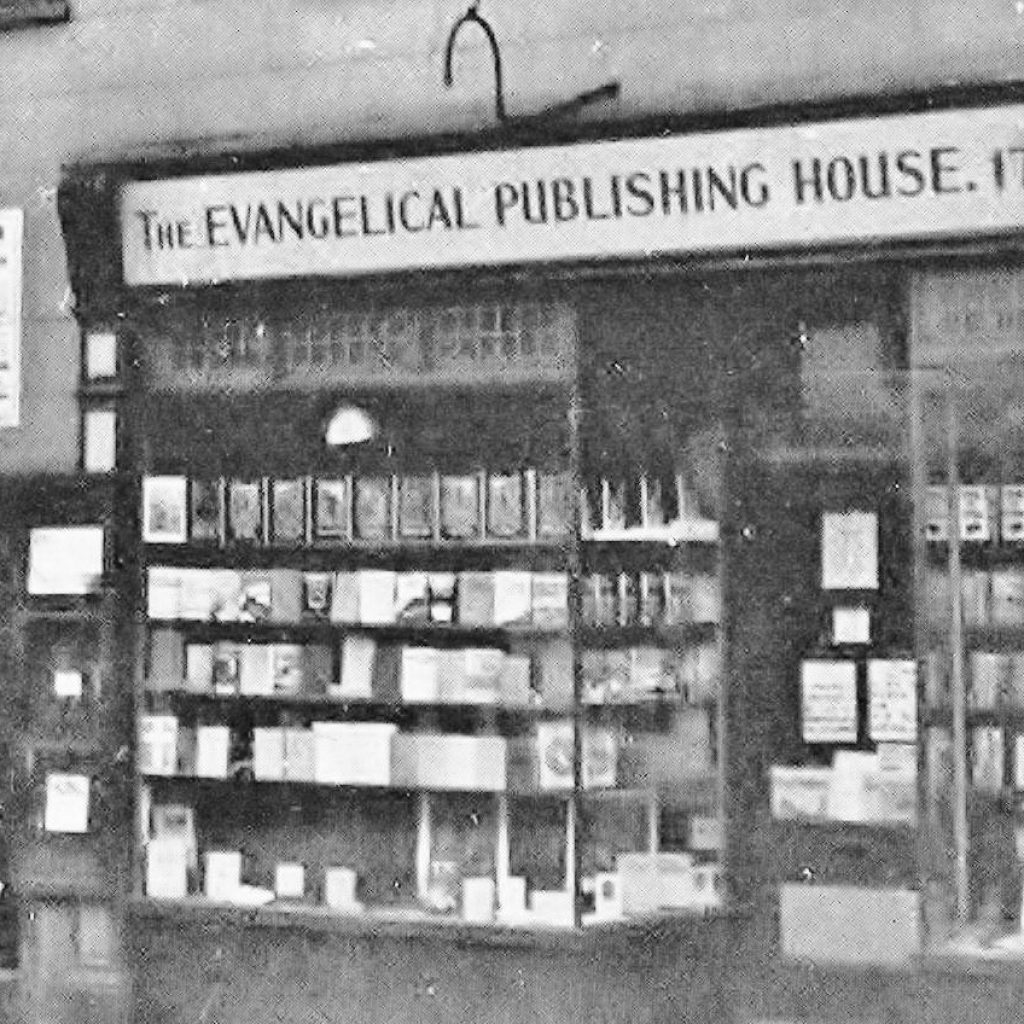
In Kenya, my family and I identify with Ken and Bessie’s vision through CLC Kenya though we never met them. We meet them through their vision and work because they were faithful to head Jesus’ call to feed his sheep. It’s the same call that the 700 men and women have heard and heeded to use literature to spread the Gospel. Through the changing times, these men and women continue to navigate through the rough waters of a pandemic; of economic crises; of changing trends; of disruptive technologies among other challenges to keep the vision burning.
Looking again at Coca-Cola’s survival, it’s been argued that they have scaled through imitations of their products, changing preferences of tastes of their customers and packing of their products. Challenges in business or ministry are just the same – the victory is in adapting over time. For Coca-Cola, advertising has been arguably their best offence to keep the lamp of their vision burning for over a century. What’s yours?
My deductions for a vision to survive a century or a lifetime?
- You have to start whatever it is the Lord is calling you to.
- You have to adapt to changing trends while preserving the integrity of that call.
- You have to capitalize on your core strength and remain consistent at it.
- God will bring in other men and women who can identify with your vision to carry it forward to the next generation.
- If the vision is not bigger than you, it’s not big enough. It must have an aim to impact the whole wide world whether it happens in your time or not.
- The right partnerships can propel the vision to unimaginable heights. As the saying goes,
“When you walk alone, you walk faster but when you walk with another, you walk farther.”
~ Ratan Tata ~

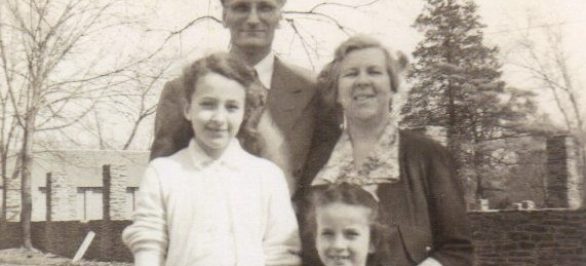
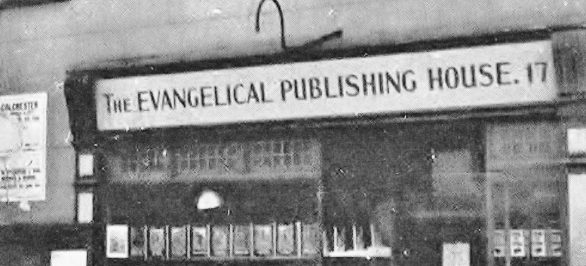
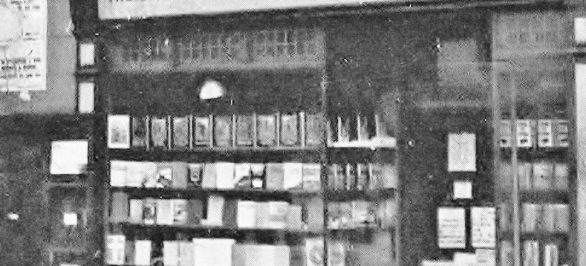

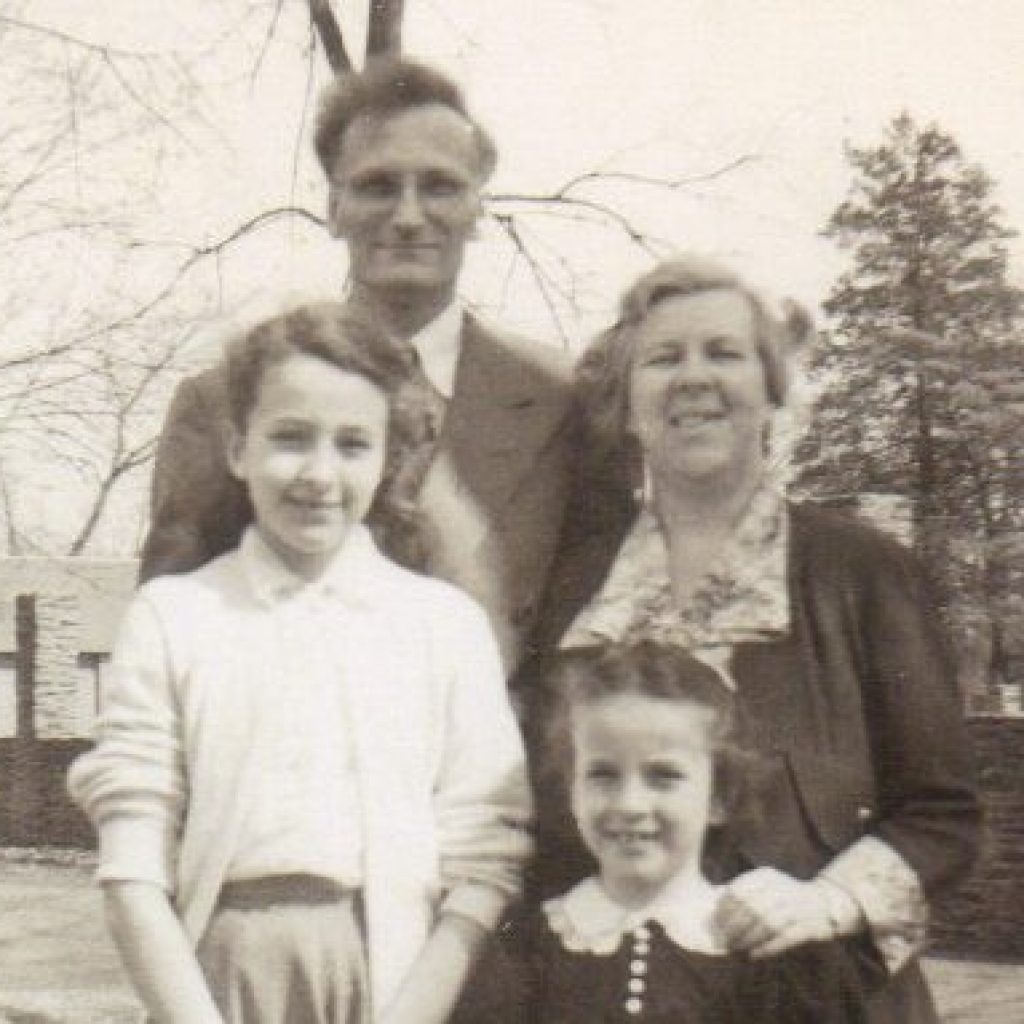



2 comments On Can your vision last a century if not a lifetime?
I am glad to have been a part of your vision.
Thank you Lloyd Hodkinson for your contribution towards establishing CLC in Kenya. You are greatly valued in our hearts!